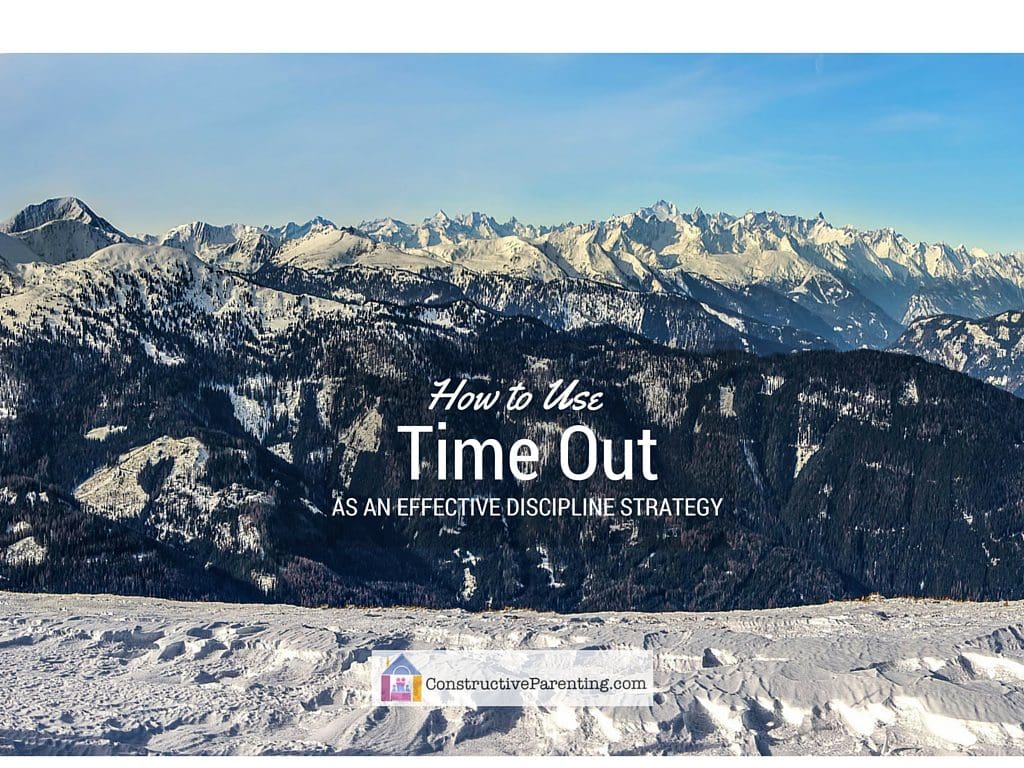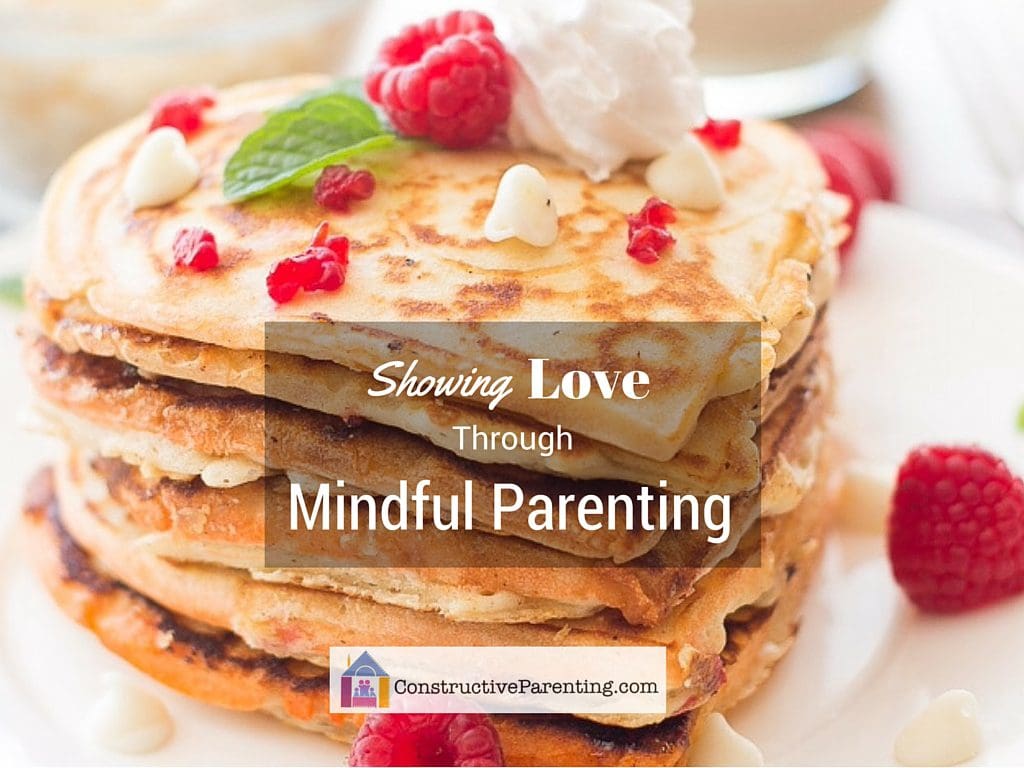Creating Heroes: Reinforcing Empathy in Our Children

As a mother I work hard every day to make sure my children are growing up in a safe and loving environment. My husband and I monitor what they watch on their screens, we make sure that they look both ways before they cross the road, and we have kept them in car seats well beyond the necessary number of years. But recently, there have been so many reminders in the news of the fact that we don’t have total control over the safety of our children — whether they are 2 or 32. In an effort to shield our kids, we never have the news channel on in front of them. Still, there are times when they hear about tragedies, both current and from the past, and of course they have questions. It is tempting to handle this by minimizing what has happened, but denying and dismissing their fear is not our only option. The other thing we can do is teach them to look for the heroes. After the Sandy Hook shootings, I read about how an old quote from Mr. Rogers was helping children cope with the tragedy. He said…
“When I was a boy and I would see scary things in the news, my mother would say to me, “look for the helpers. You will always find people who are helping.” To this day, especially in times of “disaster,” I remember my mother’s words and I am always comforted by realizing that there are still so many helpers – so many caring people in this world.” -Fred Rogers
When I read about the two students who stopped the Stanford rapist, I wondered how I could raise my children to be like these men. These heroes who spotted something awful happening to a stranger and made a point to do the right thing. Even though its easy to assume that any decent person would take these steps, research on the “bystander effect” shows that it takes a special person to put forth the effort to help a stranger. What separates those who are willing to do the right thing from those who just keep walking by, and is this something that can be taught? Besides adrenaline and bravery, the thing that heroes have in common is their ability to put themselves in other people’s shoes and act on an instinct to help. This special skill is called empathy, and it is absolutely possible to teach and reinforce it in our children.
People who have empathy make admirable decisions every day. Empathy empowers men to resist making choices that hurt women in the first place because they have a deep understanding of how their actions affect others. Empathy is what leads people to take responsibility for their actions when they do something wrong because repairing their mistakes and their relationships is important. Empathy is what keeps people from rushing to make snap judgments about others when they hear of mistakes they have made. And it gives strangers the strength to reach out and consider how they can best support those who are in crisis, even if they have very little in common with those in need. Each of these things are heroic actions.
Empathy can be broken down into several parts. The first step is to be aware of your feelings. The second is to learn to have control over how you react when you are upset. The final step is learning how to understand the perspective of others. Some children’s temperaments allow them to be able to do these things almost instinctively. Most children, however, have some trouble. Just as you would give extra help to a child who is struggling to master learning to read or learning to hold a pencil, it is possible to focus your energy on teaching empathy to your child who refuses to take responsibility for bad behavior or who insists on always winning at every game. By intentionally incorporating the list below into your home, it is possible to teach your child to be a hero – someone who is able to connect with others in an authentic way.
1. Acknowledge Your Child’s Feelings
If your child is upset, even if they are misbehaving, put words to what you believe they are feeling and then describe the situation that made them feel that way. The brain has two sides, a thinking side and a feeling side and we make our best choices when these sides are working in unison. When we are consumed with emotions the logical part of our brain shuts down. Acknowledging your child’s feelings interrupts that pattern and allows your child to feel safe enough for you to help them access their “thinking brain”. You might say, “I can see that you are very sad (feeling) because our vacation is coming to an end and you will miss spending time with grandma (situation).” When you put words to why they are upset you help integrate the two sides of their brain allowing your child to connect with you because they feel understood.
2. Help Kids Relate to People Who Are Different From Them
Research has shown that if we feel we have nothing in common with someone, we are less likely to help them. If your goal is to raise a child who is capable of connecting with all kinds of people, you can help them by encouraging them to embrace rather than fear differences. Talk to your children about different cultures and traditions. Take them to eat at restaurants that serve food from other countries or get creative and make new recipes at home. Read books where the main character is very different than your child and then discuss how those characters feel and what they believe. Identify all the things your child has in common with the character. Also discuss how their differences make the character special and what you might be able to learn from him or her.
3. Help Kids Recognize the Inherent Value of Empathy
It is tempting to use rewards and punishments to get children to be respectful but research shows that if parents depend on these strategies alone it can backfire because these techniques ensure your child will stay focused on themselves rather than on connecting with others. While it may be helpful to use rewards as an initial motivator when teaching empathetic skills, once the child shows progress, help them internalize the inherent value of making a good choice and the joy that being kind to others can bring.
4. Teach Kids to Take Responsibility For Their Actions
Help them understand that it is possible to rationalize all sorts of behaviors, but this does not make those choices right. (He hit me first. She was mean to me. It’s not fair, etc.) If your child does something unkind to someone else, acknowledge her feelings that motivated those actions and then encourage her to consider how the person she hurt feels. Teach your child to give a sincere apology, including why they are sorry. “I’m sorry I hit you, because I know that made you feel sad and hurt”. If the relationship is damaged have your child think of ideas to repair it.
5. Help Children Learn to Read Non-Verbal Cues
Have them practice interpreting facial expressions and body language. Pause a movie and have your child explain how a character is feeling and ask them to offer proof based on what they see on the screen. If you’re frustrated, angry, or even feeling proud of your child, ask him to look at you and tell you how he thinks you are feeling.
6. Practice All of These Tips As Much As Possible
Our brains, like the muscles in our body, are capable of growing and changing. If your habit or your child’s habit is to experience a frustrating situation and then immediately react it is likely that you are not doing this from a place of logic or empathy. The great news is that every time something upsetting happens, you have an opportunity to strengthen new neural pathways by acknowledging a feeling, calming yourself down, and then choosing the best way to react. Each time you practice you rewire your brain and your child’s brain for connection.
If you live in Charlotte and would like to learn how to help your children manage their emotions so that they can effectively connect with others I can help. Join me for a 4 week parenting class on Tuesday mornings in July at the Levine JCC. For more information click here or call 704-366-5007 to sign up.











Really inspiring blog. I was moved by the connection to the tragedy’s occurring today and the hope for a more tolerant future. How we raise our children can change the world. Thanks!
Thank you for this! It’s really useful and so important!
Thank you Amanda. Very helpful and I love how your connected the Mr. Rogers’ quote, which I find very calming to me!